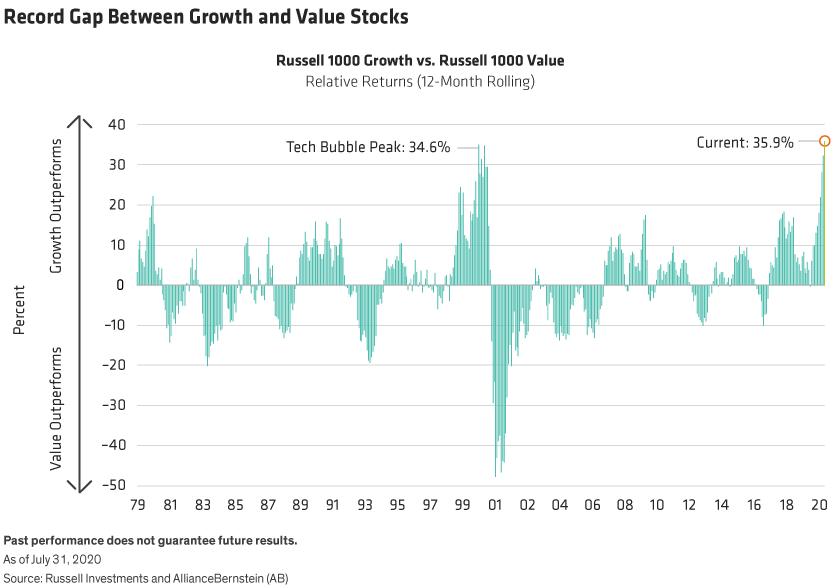
1. Check your emotions at the door
"Successful investment isn't based on the ability of an individual... the thing you need is the temperament necessary to be able to resist the desires of others, which can push them into financial trouble." Warren Buffett, Chairman of Berkshire Hathaway, is an investor's guru and role model, who has been quoted as saying this.
Before we begin, here's a bonus investment tip: We recommend that you do not put more than 10% in individual stocks. The remainder should be invested in low-cost index mutual funds. It is recommended not to put any money into stocks for the next five years. Buffett was referring to investors who allow their heads , not their guts drive their investing decisions. Indeed those who invest too much based on emotions are among the top ways to harm their portfolio returns.
2. Pick companies, and not ticker icons
It's easy for us to overlook that beneath the alphabet soup filled with stocks, which crawl across the bottom of every CNBC broadcast, is a legitimate business. Stock picking should not be an abstract concept. Keep in mind that you're an owner of a company if you purchase a share.
"Remember: A part of a company is part-owner of the company."
When you are evaluating prospective business partners, there'll be a wealth of data. You can make it easier to narrow down the data by wearing a "business buyers" costume. It is important to know how the company operates and where it's within the marketplace and its main competitors and what its future prospects are and whether it adds value to your existing businesses.

3. Do not panic in times of panic
Sometimes investors feel tempted by the urge to alter the way they view their stocks. Making decisions in the heat of the moment can result in classic investing mistakes, such as selling low and purchasing high. This is where journaling comes to the rescue. Note down what makes each stock in the portfolio worth the risk of making a commitment. Once you've got this information, you can write down the circumstances that would justify a split. Consider this scenario:
Why I am buying What do you find appealing about the business. And what future possibilities you envision. What do you expect? What are the most important metrics and what milestones can be used to evaluate your company? You can spot potential risks and highlight which ones will become game changers.
What would cause me to sell? Write an investing plan outlining the reasons you should decide to sell the shares. This isn't about stock price fluctuations particularly in the short term. However, we're discussing fundamental changes to the business that will affect its growth potential and ability in the long run. One exampleis when a company is unable to retain a major client. The successor of the CEO steers the business in a new direction. Perhaps, your investment theory doesn't hold up after a reasonable amount of time.
4. As you progress, build your positions
The greatest asset an investor has is their ability to invest at a the present, not in a way that is influenced by timing. The most successful investors choose to invest in stocks as they believe they will be the reward. This could happen through dividends or appreciation in the price of shares. over a period of time or for many decades. This means that you can take your time buying too. Three buying strategies to help lower your risk.
Dollar-cost average sounds complex, but it's not. Averaging on cost is the method of investing a specific amount in regular intervals. For instance, each week or month. The set amount will buy more shares when the prices of stocks fall, and less when they rise however, it will still be the cost you pay. Online brokerages let investors create an automated investment schedule.
Buy three times: "Buying in threes" is a kind of dollar cost average. It will help you avoid the dreadful feeling of not getting the desired results right from the beginning. Divide the amount you want to put into the fund by three and then just like the name suggests choose three distinct points to purchase shares. They could be scheduled to happen at regular intervals (e.g. monthly, quarterly) or in response to the performance of the company or events. For example, you could buy shares before a new product is available and transfer the remainder of your money to it if it's successful.
Buy "the Basket" Are you unsure of which companies will be long-term winners in the particular industry? You can buy all of them! The stress of selecting the "one" stock can be eased by buying a range of stocks. It's easy to hold stakes in all stocks that you can analyze. If one takes off, you won’t be left out, and you could compensate for losses by earning from the winner. This strategy can be used to pinpoint the "one" firm so that you can increase your stake in the event of a need.

5. Avoid excessive trading
It's enough to check in on your investments at least once a quarter, such as the time you receive quarterly reports. But it's hard not to be on the lookout for the scoreboard. This can cause you to react too quickly to immediate events. It's possible to focus more on the share price rather than the value of the company and believe that you need to take action when none is required.
Find out the reason your stock is experiencing rapid price fluctuations. Is your stock suffering collateral damages due to the event? Have you noticed a change within the fundamental business of the business? Can you see the long-term effects of the change?
It's rare to find short-term noise (blaring headlines, short-term price fluctuations) important to how a well-chosen company does over the long run. It's the way investors react to the noise that really matters. This is where the rational voice of calmer times- your investing journal -- can serve as a guide to sticking it out through the inevitable downs and ups associated with the investment in stocks.